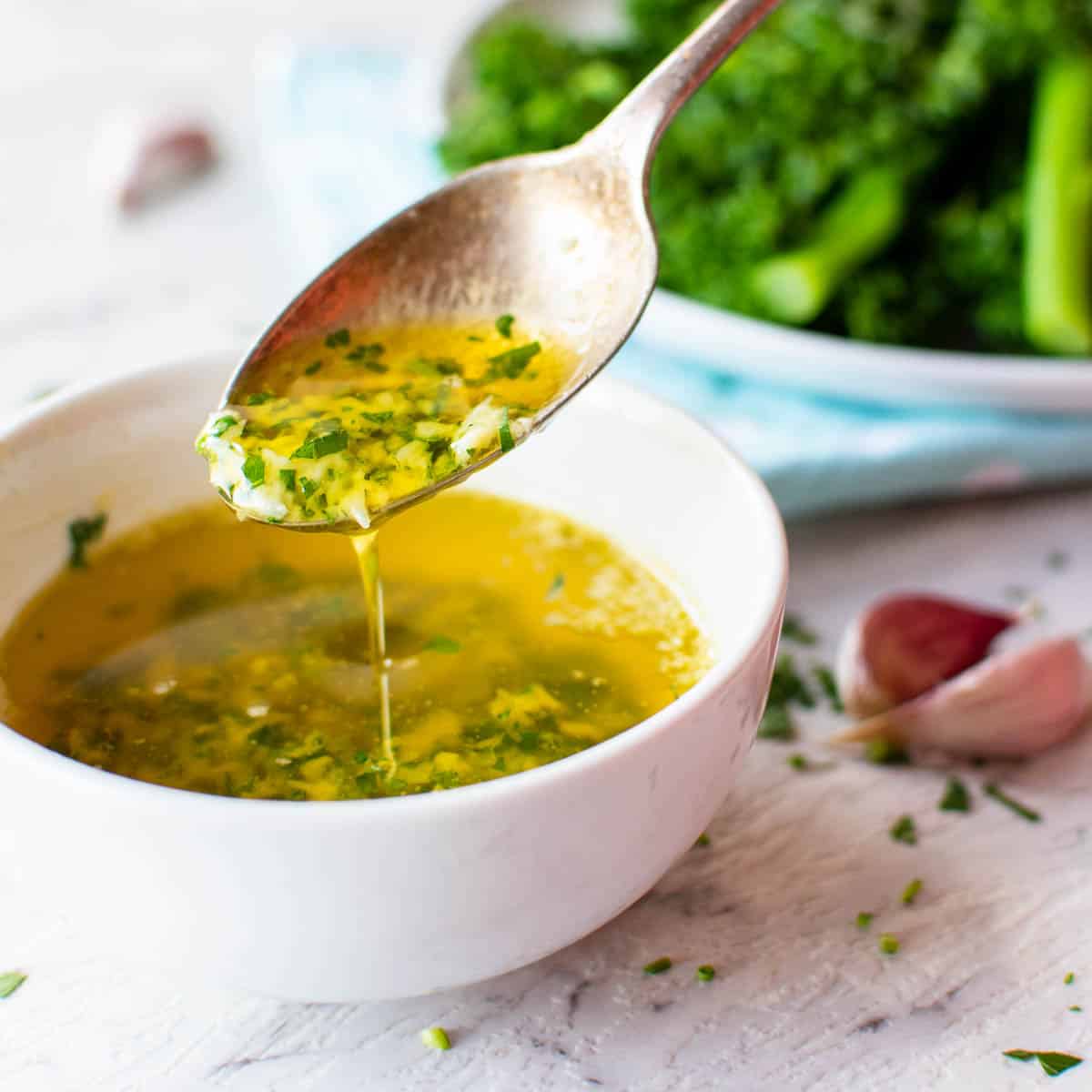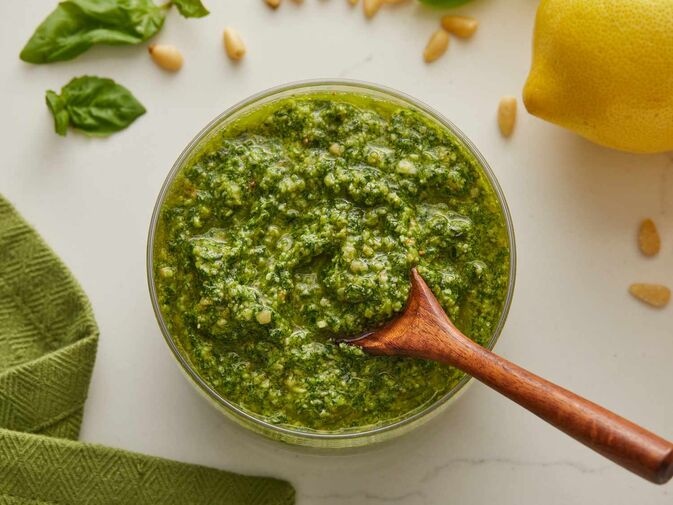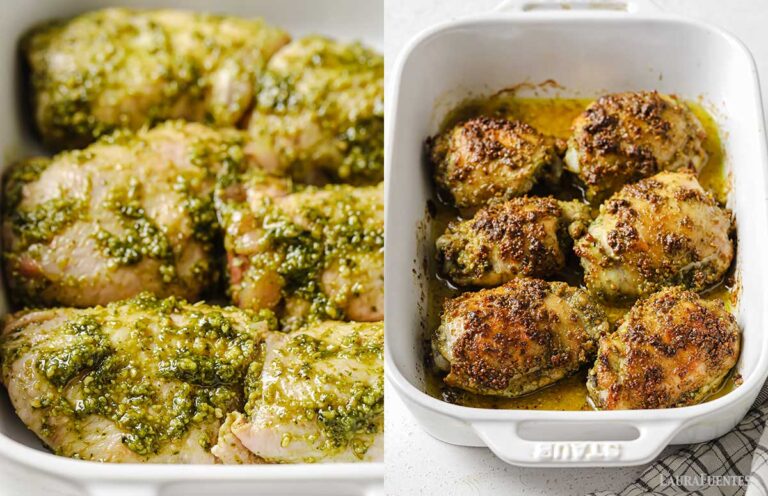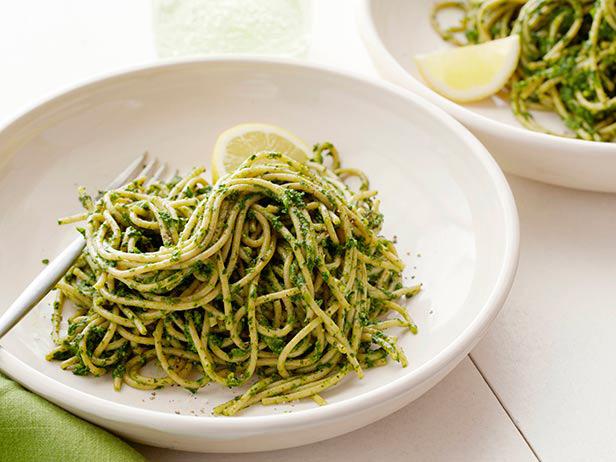Butter sauce, known for its rich and creamy texture, is a staple in many cuisines. From the classic French beurre blanc to the simple melted butter used in seafood dishes, the versatility of butter sauce is unmatched. However, what truly elevates a butter sauce from good to extraordinary is the careful addition of seasonings and spices.
In this guide, we will explore the best seasonings and spices in enhancing butter sauce flavor, how to balance these flavors, and tips to avoid over-seasoning.
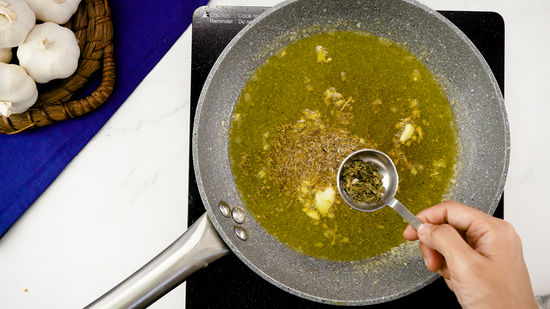
Common Seasonings for Butter Sauces
Seasonings play a crucial role in the development of a butter sauce’s flavor profile. Here are some common seasonings that can transform a simple butter sauce into a culinary masterpiece:
Salt
Salt is the foundation of seasoning in any dish, including butter sauces. It enhances the natural flavors of the butter and other ingredients, making the sauce more palatable. It’s important to use it sparingly and taste frequently to avoid an overly salty sauce. Different types of salt can also impact the flavor; consider trying sea salt or kosher salt for a slightly different taste and texture.

Pepper
Black pepper adds a subtle heat and complexity to butter sauce. For a more refined flavor, consider using white pepper, which blends seamlessly into light-colored sauces without altering their appearance. Freshly ground black pepper can introduce a more robust flavor, while pre-ground pepper offers convenience.
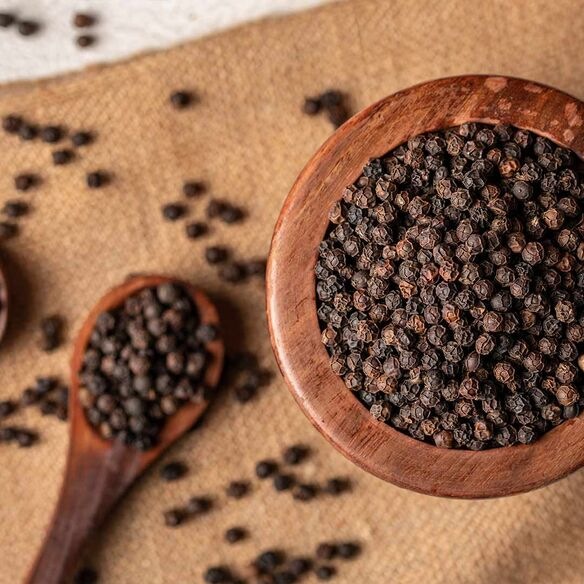
Garlic
Garlic provides a pungent, savory flavor that pairs well with butter. Freshly minced garlic or garlic powder can be used, depending on the desired intensity and texture. Sautéing the garlic in butter before adding other ingredients can mellow its sharpness and infuse the butter with a deep, aromatic flavor. Roasted garlic can add a sweet and caramelized note to the sauce.
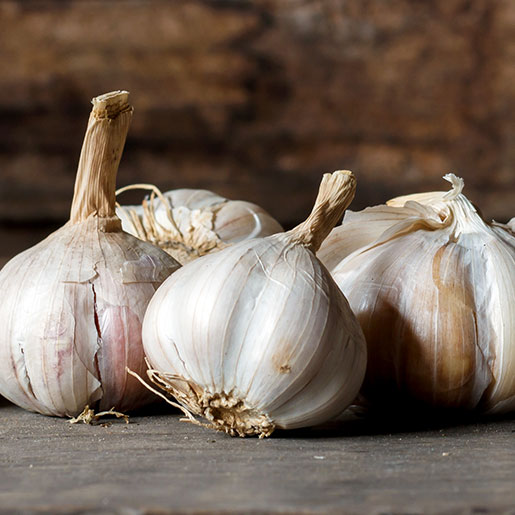
Lemon Juice
A splash of lemon juice adds brightness and acidity to butter sauce, cutting through the richness and adding a refreshing contrast. Lemon zest can also be used for a more concentrated citrus flavor without adding extra liquid. Combining lemon juice with a bit of lemon zest can create a more layered and nuanced citrus profile.

Herbs
Fresh and dried herbs bring a burst of flavor and color to butter sauces. Popular choices include parsley, thyme, rosemary, and basil. Fresh herbs are best added towards the end of cooking to preserve their vibrant flavors, while dried herbs can be added earlier to allow their flavors to meld. Experimenting with other herbs like tarragon, chives, or dill can provide unique twists to traditional recipes.
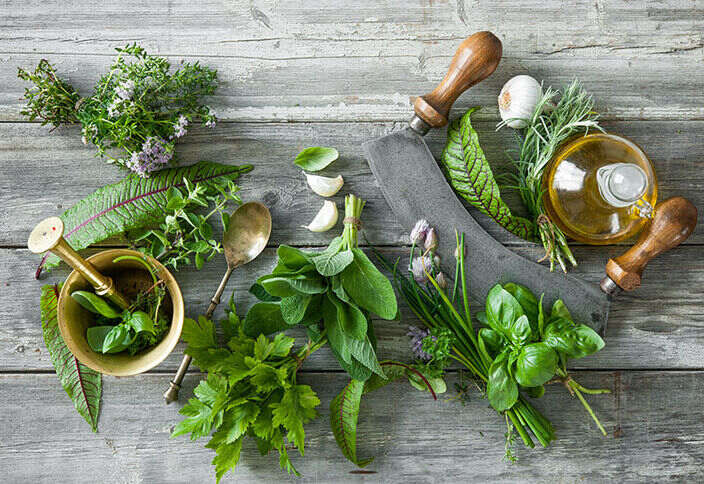
Shallots
Shallots, a milder and sweeter cousin to onions, can be finely diced and sautéed in butter to create a delicate and aromatic base for your sauce. Their subtle flavor complements the richness of butter without overpowering it.
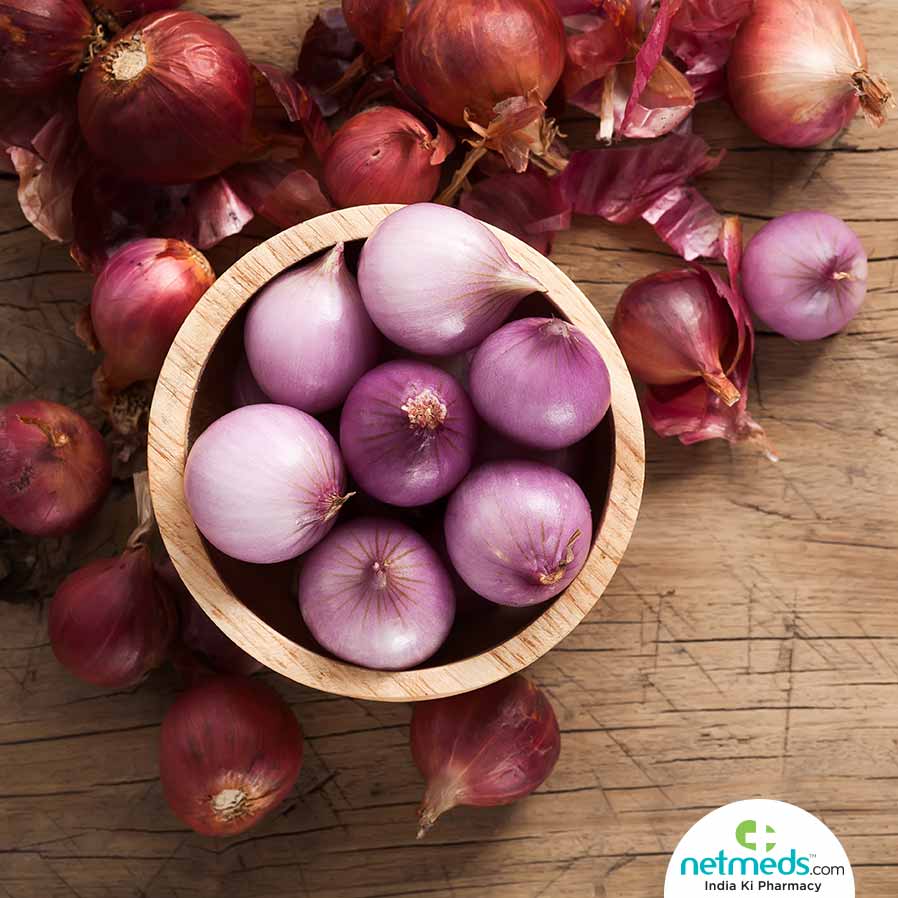
Spices to Try
Spices can take your butter sauce to the next level, adding depth and complexity. Here are some spices worth experimenting with:
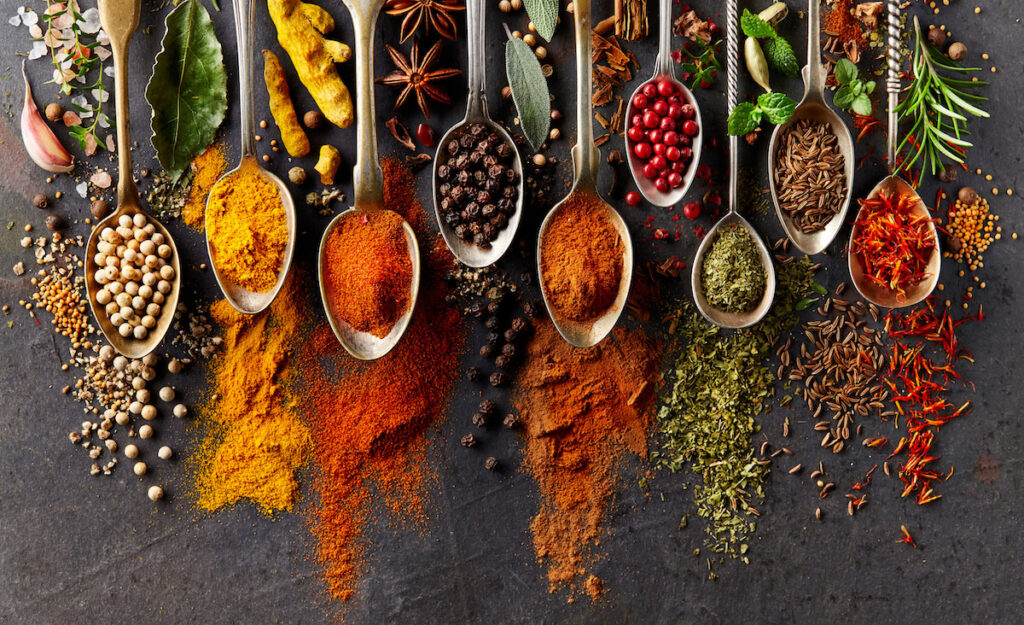
Paprika
Paprika, whether sweet, smoked, or hot, can add color and a subtle smokiness or sweetness to your butter sauce. It’s particularly effective in seafood dishes and adds a beautiful red hue. Smoked paprika can impart a deep, earthy flavor that enhances grilled or roasted dishes.
Cayenne Pepper
For those who enjoy a bit of heat, cayenne pepper is an excellent choice. A small pinch can add a fiery kick that balances the richness of the butter. Adjust the amount to your heat tolerance, and consider pairing it with a bit of honey or sugar to create a sweet-heat balance.
Nutmeg
Nutmeg adds a warm, nutty flavor that complements creamy butter sauces, especially those served with pasta or vegetables. Grate fresh nutmeg directly into the sauce for the best flavor. This spice is particularly effective in cream-based butter sauces like Alfredo or Mornay sauce.
Cumin
Cumin brings an earthy, slightly spicy flavor to butter sauce, making it a great addition for dishes with a Middle Eastern or Indian flair. Use ground cumin sparingly, as its flavor can be quite potent. Toasting whole cumin seeds before grinding them can enhance their aromatic qualities.
Coriander
Coriander, with its citrusy and slightly sweet flavor, can brighten up a butter sauce. Ground coriander is best for smooth sauces, while whole seeds can be toasted and added for a more intense flavor. Combining coriander with other spices like cumin and paprika can create a well-rounded and exotic profile.
Mustard Powder
Mustard powder adds a tangy and slightly pungent flavor to butter sauce. It pairs well with seafood and chicken dishes, adding a subtle kick without overwhelming the sauce. Mixing mustard powder with a bit of vinegar before adding it to the sauce can create a smoother and more integrated flavor.
Ginger
Fresh or powdered ginger can add a spicy, aromatic note to butter sauces, particularly in Asian-inspired dishes. Fresh ginger offers a more vibrant and zesty flavor, while powdered ginger provides a warm, subtle heat. Pair ginger with garlic and soy sauce for a savory, umami-rich butter sauce.
Balancing Flavors
Creating a balanced butter sauce is an art. Here are some tips to achieve the perfect harmony of flavors:
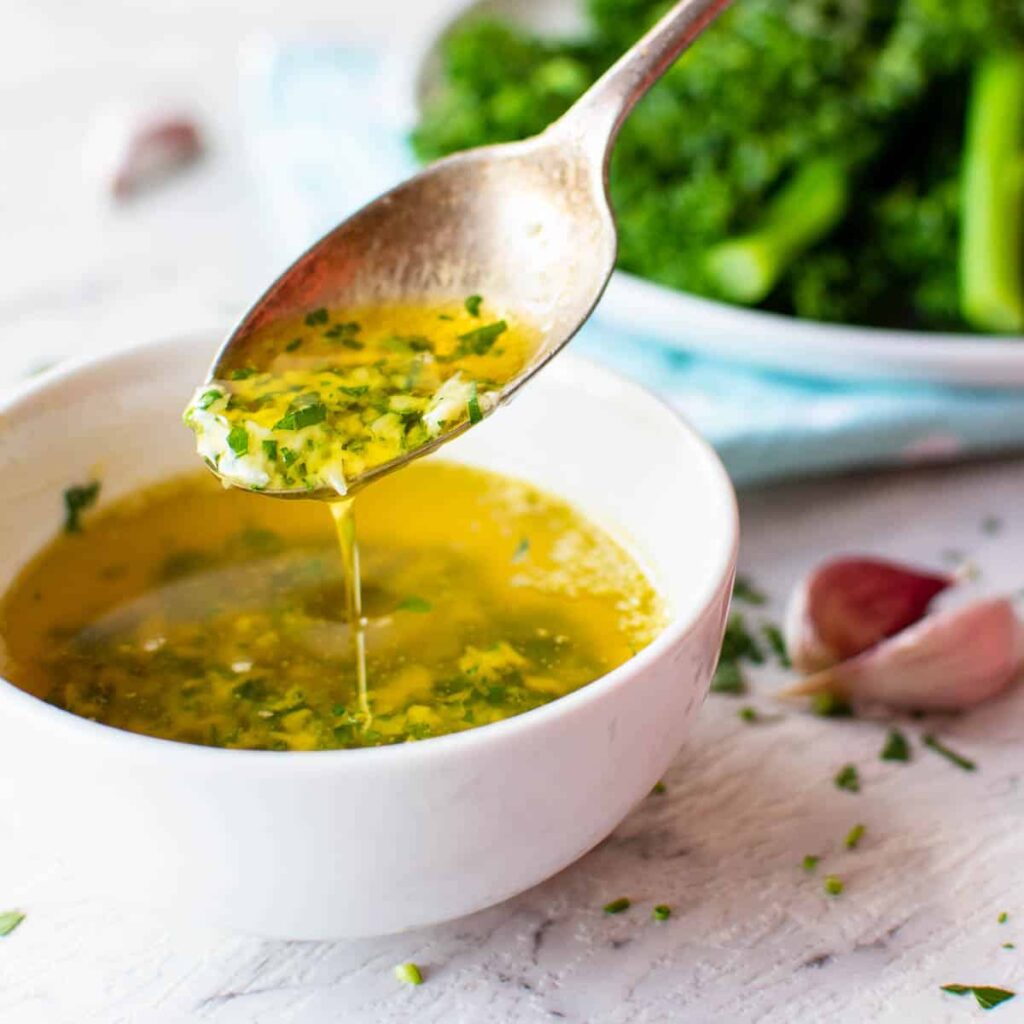
- Taste as You Go The key to a well-seasoned butter sauce is tasting it at every stage of the cooking process. This allows you to adjust the seasoning gradually and avoid over-seasoning. Use a clean spoon each time you taste to ensure accuracy.
- Layering Flavors Start with a base of aromatics like garlic and shallots, then build upon this foundation with herbs and spices. Layering flavors ensures that each ingredient enhances rather than overwhelms the others. Adding ingredients in stages rather than all at once allows for better control over the final flavor.
- Acidity and Richness Balancing acidity and richness is crucial in butter sauces. Ingredients like lemon juice, vinegar, or white wine can add acidity, cutting through the richness of the butter and creating a more complex flavor profile. A splash of heavy cream can add richness and smoothness, balancing sharper flavors.
- Sweetness and Heat A touch of sweetness, whether from a pinch of sugar or a sweet spice like cinnamon, can balance the heat from spices like cayenne pepper. Finding the right balance ensures that no single flavor dominates the sauce. Consider using honey or maple syrup for a more natural sweetness.
Avoiding Over-Seasoning
Over-seasoning can easily ruin a butter sauce. Here’s how to avoid it:
Start Small
Always start with a small amount of seasoning, especially with potent spices like cayenne pepper or nutmeg. You can always add more, but it’s difficult to correct if you’ve added too much. Gradually increase the seasoning and taste frequently.
Complement, Don’t Compete
Choose seasonings that complement each other rather than compete for attention. For example, pairing garlic with parsley and lemon creates a harmonious blend, while combining too many bold spices can result in a muddled flavor. Aim for a balance where each ingredient can be tasted but not overpowering.
Rest and Re-evaluate
After seasoning, let the sauce rest for a few minutes before tasting again. This allows the flavors to meld and gives you a clearer idea of whether additional seasoning is needed. Sometimes, the intensity of flavors can change as the sauce sits and cools slightly.
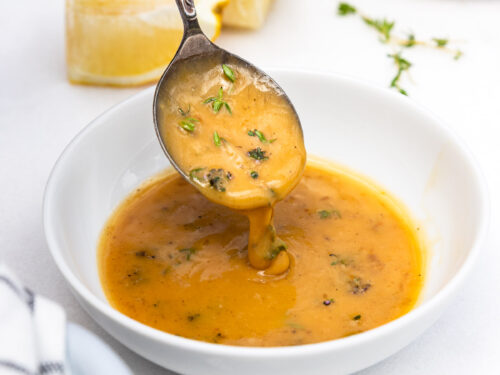
Dilution
If you find that you’ve over-seasoned your butter sauce, try diluting it with a bit more butter or cream. This can help tone down overpowering flavors and restore balance. Adding a neutral ingredient like unsalted broth or a splash of milk can also help adjust the flavor.
FAQ
Conclusion
Enhancing butter sauce flavor with seasonings and spices is a delightful way to elevate your dishes. By understanding the role of each seasoning and spice, and how to balance them, you can create a butter sauce that is rich, flavorful, and perfectly suited to your culinary creations.
Remember to taste as you go, start with small amounts, and enjoy the process of experimentation. With these tips and techniques, your butter sauce will be a highlight of any meal.
Disclosure: Our blog contains affiliate links to products. We may receive a commission for purchases made through these links. However, this does not impact our reviews and comparisons. We try our best to keep things fair and balanced, in order to help you make the best choice for you.

